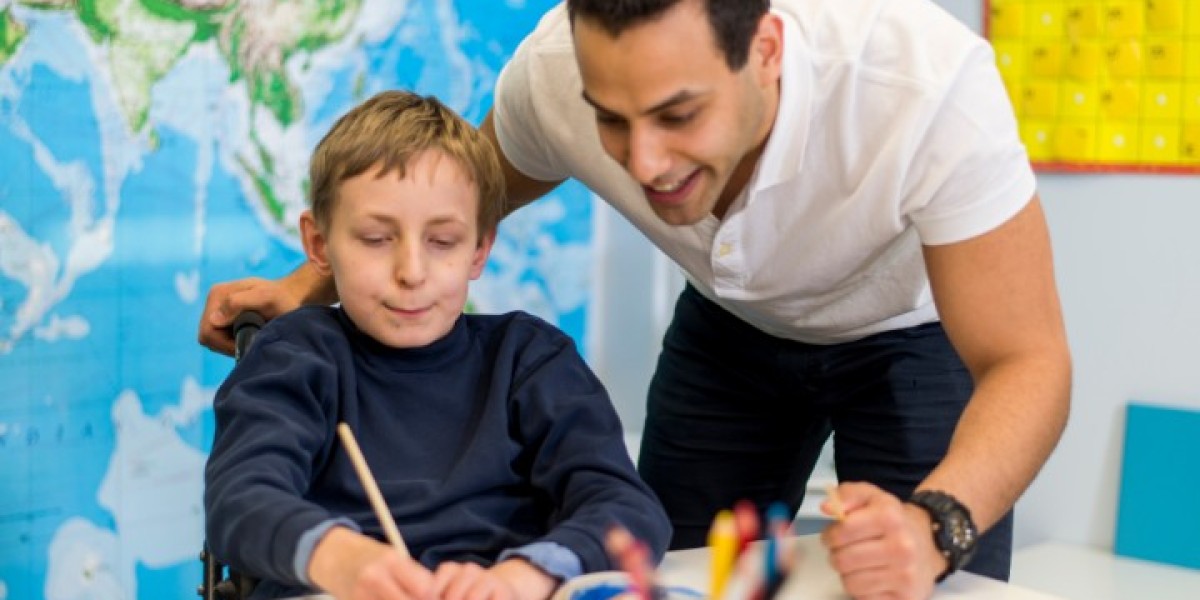Are There Any Risks or Side Effects of Global Developmental Delay Therapy?
Short Answer
Global developmental delay therapy in Melbourne is generally considered safe, with most children benefiting from improved skills, confidence, and quality of life. While the risks are minimal, some kids may experience temporary frustration, fatigue, or emotional sensitivity during the learning process. These effects are usually short-term and can be managed by working closely with experienced professionals.
Understanding Global Developmental Delay Therapy in Melbourne
When a child is diagnosed with global developmental delay in Melbourne, families often seek professional support to help them build essential skills in areas such as speech, motor coordination, and social interaction. Therapy can involve a combination of approaches, including speech and language sessions, occupational strategies, and sensory integration activities.
The goal of global developmental delay therapy Melbourne services is to provide personalised support that matches the child’s unique needs. This often means developing a therapy plan that encourages progress without overwhelming the child.
While therapy is safe and highly beneficial, parents may wonder if there are any possible risks or side effects to consider.
Common and Temporary Side Effects
Most children respond positively to therapy, but some may experience short-lived challenges as they adjust to new learning routines. These can include:
Frustration during challenging tasks: Kids may initially feel upset when they cannot complete activities right away.
Fatigue after intensive sessions: Concentrating on skill-building exercises can be tiring, especially at the start.
Emotional sensitivity: Some children may feel more emotional due to the mental effort involved in therapy.
Resistance to new routines: Adapting to structured activities can take time for kids who prefer familiar patterns.
These effects are usually temporary and tend to fade as the child becomes more comfortable with the therapy process.
How Professionals Minimise Risks
Experienced professionals in Melbourne understand that every child learns differently. To reduce the risk of stress or frustration, they often:
Introduce activities gradually to build confidence.
Incorporate play-based learning to make sessions enjoyable.
Offer regular breaks to prevent fatigue.
Maintain open communication with parents to adjust strategies when needed.
This personalised approach helps ensure therapy is a positive experience, rather than a source of pressure.
Long-Term Safety and Effectiveness
Therapy for global developmental delay in Melbourne is designed with the child’s wellbeing at its core. Most recognised methods are evidence-based and focus on safe, incremental skill-building. Parents should feel reassured that harmful side effects are extremely rare, and the benefits—such as improved communication, social engagement, and independence—far outweigh any short-term challenges.
In fact, research has shown that early and consistent intervention often leads to stronger developmental outcomes, particularly when families actively participate in the process. For further guidance on early intervention options, resources such as Raising Children Network can be useful.
When to Speak with Your Child’s Professional
While risks are minimal, it’s important for parents to monitor how their child responds to therapy. You should discuss your concerns with your child’s professional if you notice:
Persistent distress or reluctance to attend sessions.
Significant changes in behaviour or sleep patterns.
Signs of ongoing physical discomfort during activities.
Prompt communication allows professionals to adjust the program and ensure it remains supportive and effective.
Supporting Your Child at Home
Therapy outcomes are strongest when reinforced at home. Parents can help by:
Practising activities recommended by the professional in a relaxed environment.
Offering encouragement and celebrating small achievements.
Creating a predictable routine to make therapy days less stressful.
Using everyday moments—like mealtimes or play—to build skills naturally.
By blending professional support with home-based practice, families can create a well-rounded environment for development.
Final Thoughts
While global developmental delay therapy Melbourne services are overwhelmingly safe and beneficial, understanding potential short-term effects can help parents better support their child. With the right balance of professional guidance, parental involvement, and patience, children can make significant progress without experiencing lasting negative effects.
Families in Melbourne seeking trustworthy guidance should ensure they work with experienced professionals who understand both the science of developmental support and the individual needs of each child. With the right team in place, therapy can be a positive, life-changing experience.






